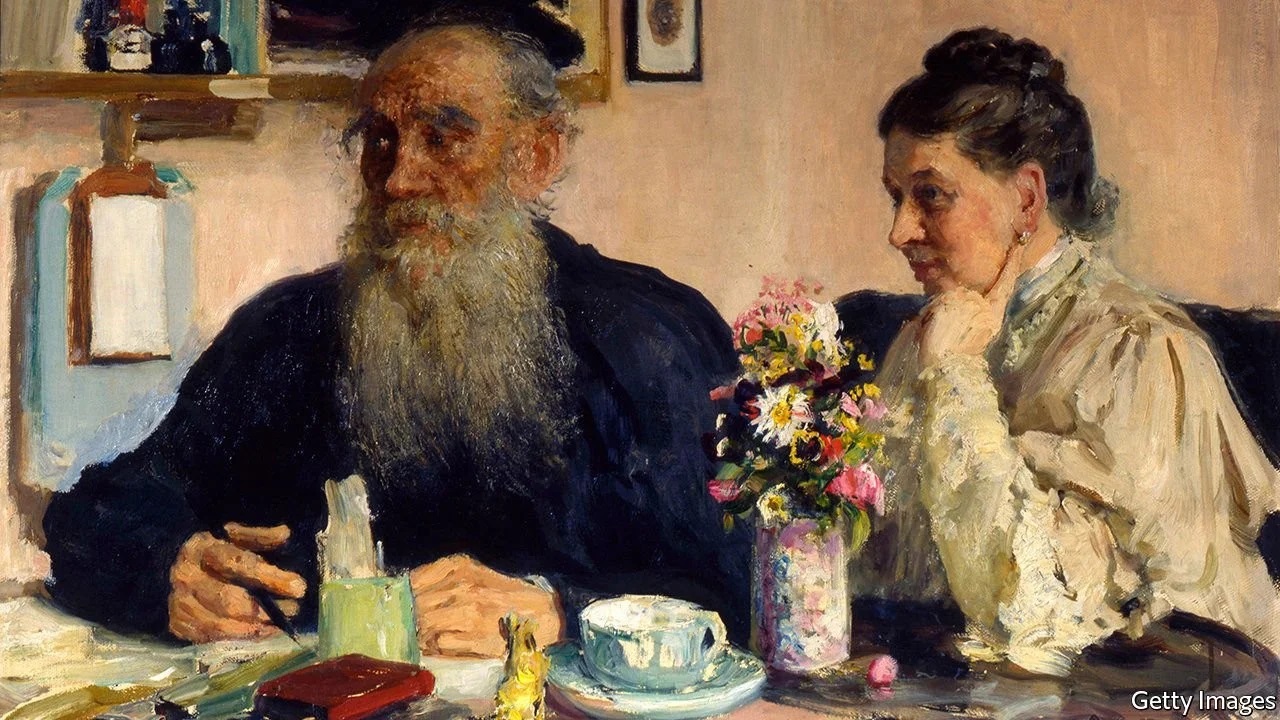Leo Tolstoy Archive
Written: 1912
Source: The Forged Coupon: And Other Stories, by Leo Tolstoy, 1912, Translated from the Russian by Herman Bernstein, published by Ogilvie Publishing Company, 57 Rose Street, New York, produced for Gutenberg.org by Judith Boss and David Widger, 2006.
Transcription/Markup: Andy Carloff
Online Source: RevoltLib.com; 2021

In the village where the lame tailor lived, in the Zemliansk district of the Voronesh province, five rich peasants hired from the landowner a hundred and five acres of rich arable land, black as tar, and let it out on lease to the rest of the peasants at fifteen to eighteen rubles an acre. Not one acre was given under twelve rubles. They got a very profitable return, and the five acres which were left to each of their company practically cost them nothing. One of the five peasants died, and the lame tailor received an offer to take his place.
When they began to divide the land, the tailor gave up drinking vodka, and, being consulted as to how much land was to be divided, and to whom it should be given, he proposed to give allotments to all on equal terms, not taking from the tenants more than was due for each piece of land out of the sum paid to the landowner.
“Why so?”
“We are no heathens, I should think,” he said. “It is all very well for the masters to be unfair, but we are true Christians. We must do as God bids. Such is the law of Christ.”
“Where have you got that law from?
“It is in the Book, in the Gospels; just come to me on Sunday, I will read you a few passages, and we will have a talk afterwards.”
They did not all come to him on Sunday, but three came, and he began reading to them.
He read five chapters of St. Matthew’s Gospel, and they talked. One man only, Ivan Chouev, accepted the lesson and carried it out completely, following the rule of Christ in everything from that day. His family did the same. Out of the arable land he took only what was his due, and refused to take more.
The lame tailor and Ivan had people calling on them, and some of these people began to grasp the meaning of the Gospels, and in consequence gave up smoking, drinking, swearing, and using bad language and tried to help one another. They also ceased to go to church, and took their icons to the village priest, saying they did not want them any more. The priest was frightened, and reported what had occurred to the bishop. The bishop was at a loss what to do. At last he resolved to send the archimandrite Missael to the village, the one who had formerly been Mitia Smokovnikov’s teacher of religion.